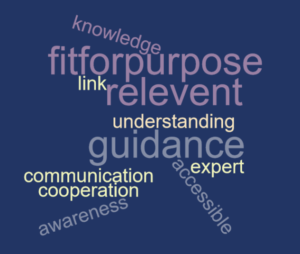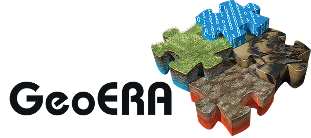At the end of November, VMM (the Flemish Department of Environment) hosted the first VoGERA (Vulnerability of shallow groundwater to deep Energy Related Activities) stakeholder workshop in Brussels. The workshop was attended by 16 participants representing a wide range of backgrounds, including; environment and energy regulators, water and drilling companies and academics, from project partner countries (Belgium, the Netherlands, Hungary and the UK) and further afield (Luxembourg and Canada). Recognising competing pressures on stakeholder’s time and budgets, in addition to the desire to reduce greenhouse gas emissions, participants could also join the meeting and participate in ‘breakout’ discussions via Skype. A first for the organisers, this format was a success, and we will thus use this set-up again in future meetings.

The VoGERA project will analyse hydrogeochemical and geophysical data and use 3D geological and numerical models of pilot sites (in the UK, the Netherlands, Belgium and Hungary) to identify and assess possible preferential pathways for pollution from a range of deep subsurface energy activities (e.g. conventional and unconventional oil and gas, geothermal, energy storage….) to shallow groundwater. This information will be used to develop a vulnerability assessment approach or tool to help decision makers better understand the vulnerability of shallow groundwater to these activities.

Addressing ‘vulnerability’ and its close cousin ‘risk’ can quickly lead to a quagmire of terminology, therefore stakeholders were asked to consider their definitions in the context of this project. Detailed conversations entailed but resulted in a common understanding. Approaches and tools that are currently available to assess the vulnerability of shallow groundwater were discussed. Existing approaches and tools are apparently few and far between and participants were not aware of any which are routinely applied to decision making in this context, although some are applied to comparable situations. A range of different types of tools that could be developed were suggested, ranging from decision trees to excel spreadsheets, to a web tool and maps. However, a common perception was that these should be as simple as possible to use while at the same time accounting for, and acknowledging uncertainties.
The project team would like to thank those who took part in the workshop for their active participation and look forward to the challenge of developing the VoGERA project to meet user needs.
